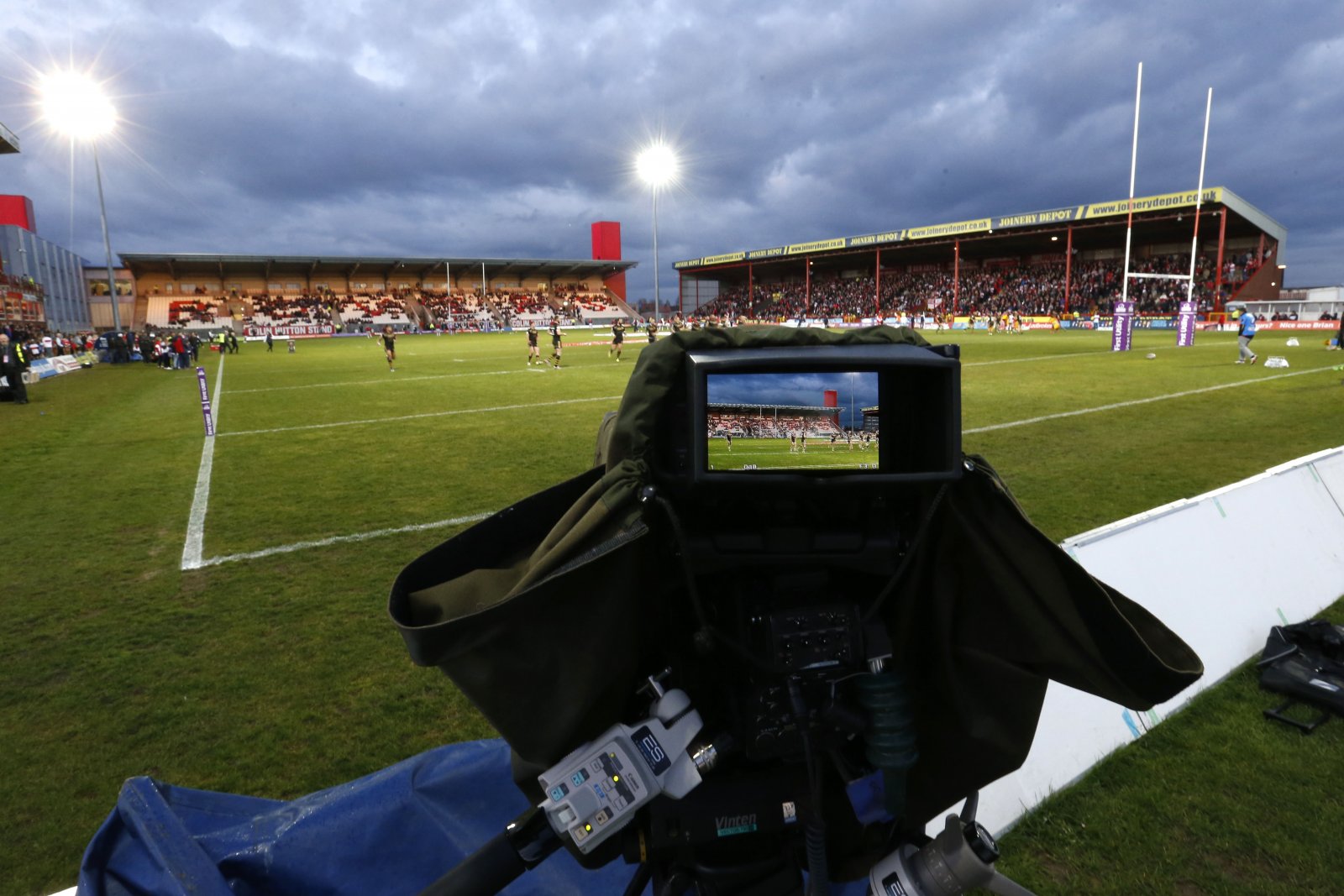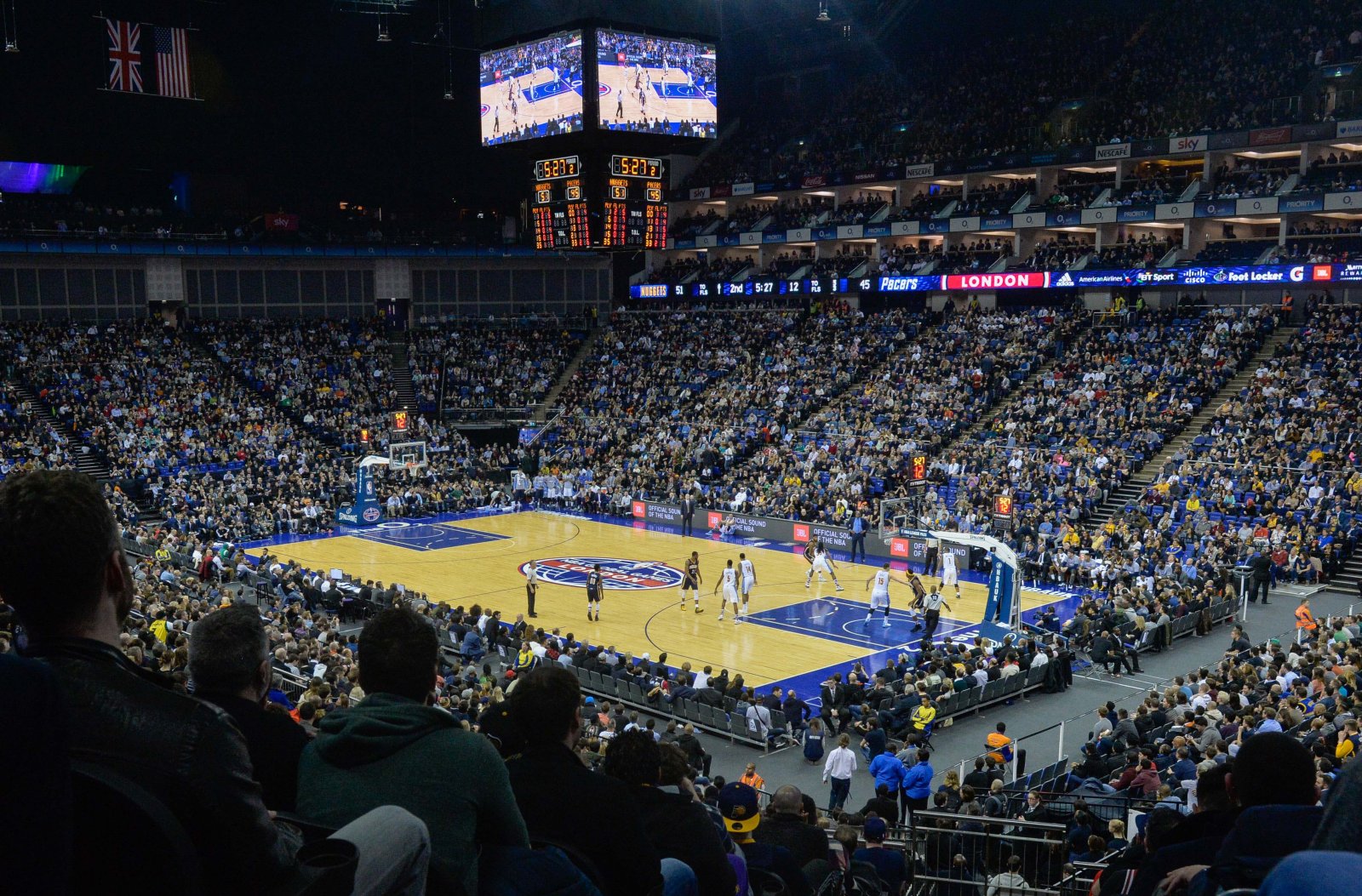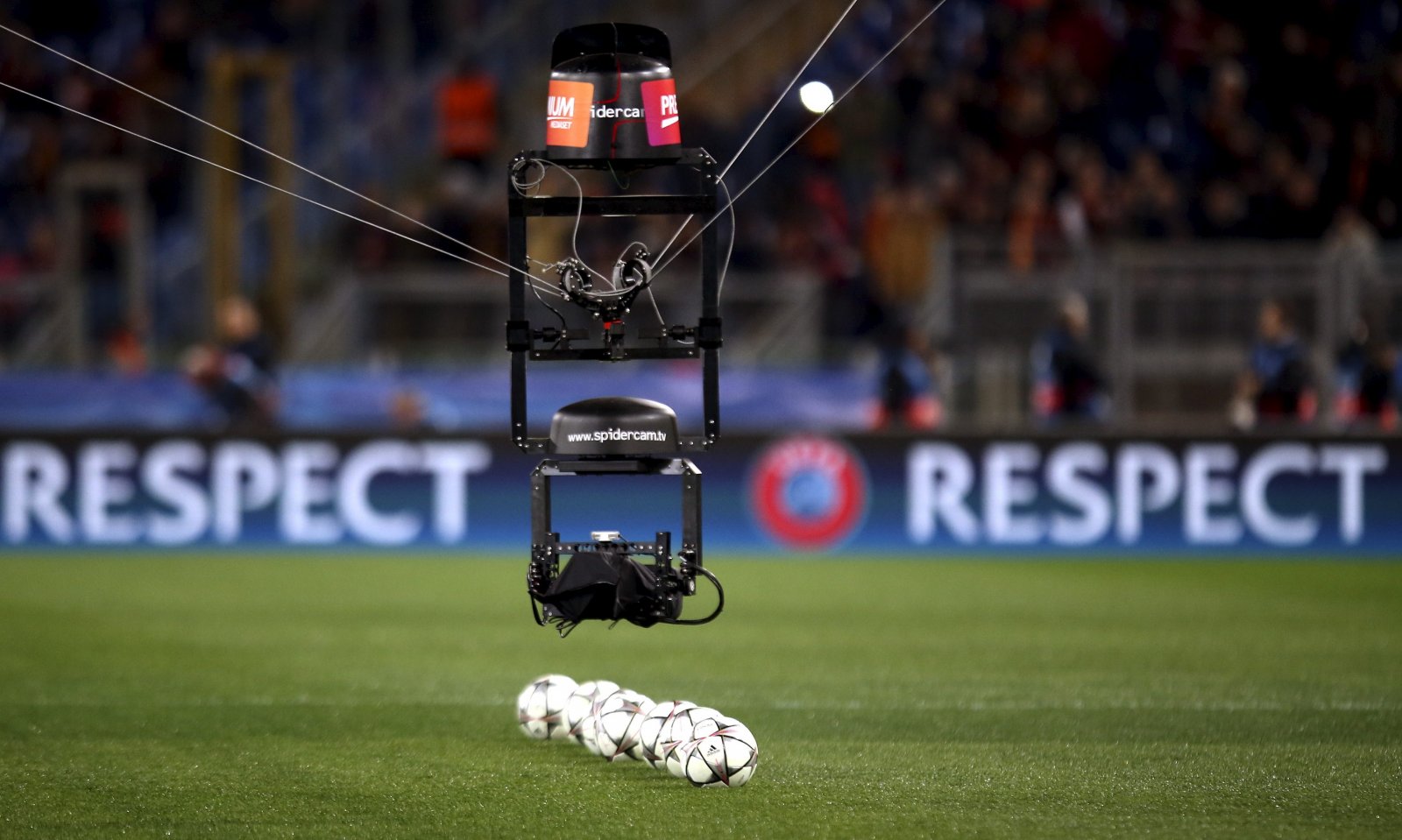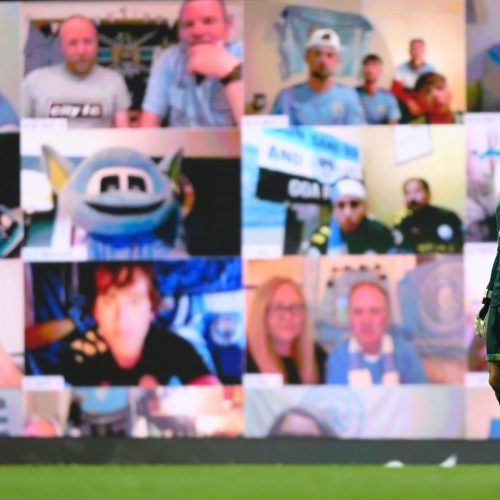ESPN show how broadcasters have to allow for the changing faces of sports fans
Sport has always been a broad church. Diverse groups of people come together to watch an event for many and various reasons, and it’s always hard to pin down what any one person wants.
There are people who watch because they’re partisan and want to see their team or favoured athlete win, others don’t but will endeavour to support one team or athlete in particular in order to make it more interesting. Others still watch because they want to see excellence.
Then there’s a growing number of people who watch for the storyline: they’ve been following like you’d follow a soap opera, and they want to see what’s happening next.
Over the last few years, the idea of sports chat has become an interesting prospect for broadcasters and publishers, and it’s why the recent explosion of podcasts has taken off. Sports broadcasters are finding that there is no longer a need to actually have rights to sport to make a good show that people will watch, and if they do, they don’t need to use them: on top of the podcasts produced by the likes of the Guardian and the Independent as well as many many other groups and individuals, the likes of Sky Sports have launched their own nightly debate show centring around the Premier League, whilst BT Sport present a Goals Show on Champions League group stage nights, showing all the goals as they go in with a panel of experts who are discussing more than just what’s happening on the pitch, giving a more rounded overview of the state of play.
It’s beginning to become apparent that there’s a whole constituency of people out there who are as hooked on the concept of sport as they are on the actual action, and they want to spend time talking about it and learning about it. And just before Christmas in the US, ESPN might have had an interesting gift for that particular group of people.
When the Golden State Warriors played against the Los Angeles Lakers, the US broadcaster streamed the game on their ESPN app and on the ESPNews channel, which featured a novel kind of second screen experience for the game.
As well as being able to see the game live – though from slightly unusual camera angles – viewers were also able to hear some of ESPN’s basketball analysts give their take on the game.
But it wasn’t just the usual pundits’ analysis they were hearing, however. With a number of experts covering areas like the business side of the sport and even the sportswear the players are wearing, there’s a chance to get a very different take on the game to what viewers might otherwise get. And whilst this certainly isn’t the kind of thing that everyone would want to see, it does appear that there is growing demand for games to be covered in this way.
We’ve seen that sport is becoming about more than just the sport. That’s not a new concept when you think about how long it’s been since teams and athletes first started signing commercial deals and looking around the globe for new opportunities. But perhaps it is a shift to have fans wanting to consume a more rounded diet of sporting content, based not just around live action, but also around analysis from experts from all aspects of the event, be it player performance, the way the team is run, or even just what it would mean for the league table if a team were to win or lose.
At the very least, though, it’s clear that there is more than just one type of fan. For years, teams and leagues have understood that and tried to cater to as many different types as possible. But although broadcasters often tweak their coverage from year to year, they don’t always serve up completely different ways of presenting sport to different audiences. But perhaps this is the start of offering more choice to fans who want to follow all the important action but aren’t invested one way or the other; those fans who are interested in the marquee games because they are an integral part of the storyline as much as they are invested in the game itself.
As live-streaming services become a more and more prevalent threat to broadcasters like ESPN, the mistake would be to think that the best way to counter the new kids on the block is to just offer what they’re offering. Instead, perhaps it would be better to offer as much choice and convenience to as many types of fan as possible. And perhaps that’s what we’re now seeing.
About author
You might also like
Interview: Nielsen Sports’ Spencer Nolan Discusses Covid-19’s Impact on Sport Media Rights and the Commercial Sport Landscape
Digital Sport’s Rupert Pratt and Thomas Smith recently sat down with Nielsen Sports Managing Director for the UK & Ireland, Spencer Nolan, to discuss Covid-19’s impact on sport media rights
Snack Media acquire Facebook’s largest global sports publisher, GIVEMESPORT
Snack Media today announced that its acquisition of GIVEMESPORT will create one of the largest sports publishers in the UK, further strengthening its offering to advertisers, rights holders and independent media owners.
The seven essentials for achieving successful sports branding
By Daniela McVicker When it comes to sports, great branding is a must. Your brand influences how people see your company or team. It helps you to forge connections with










